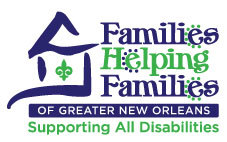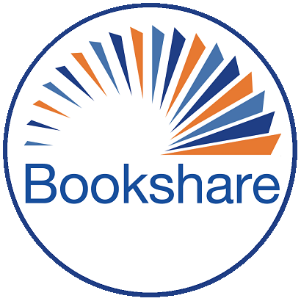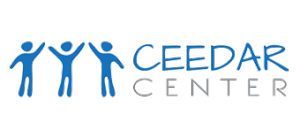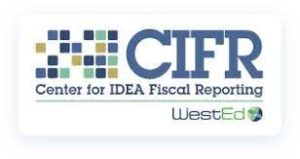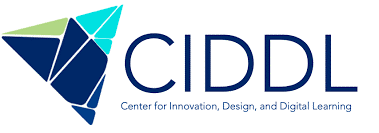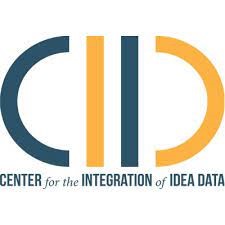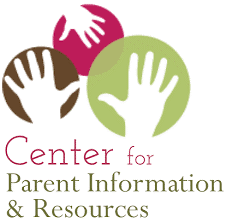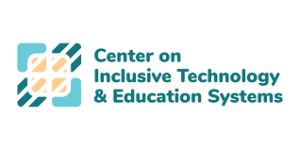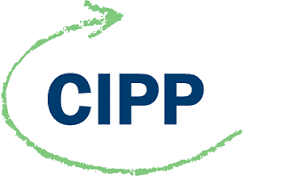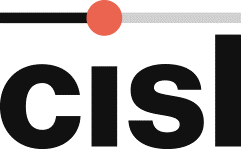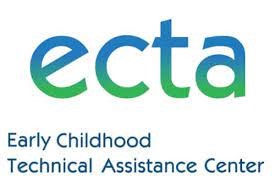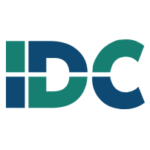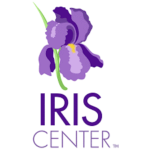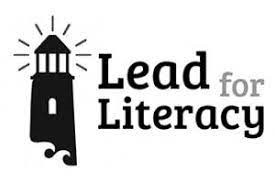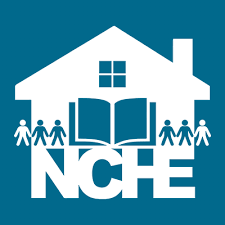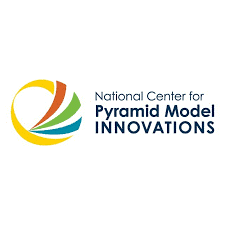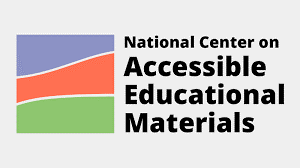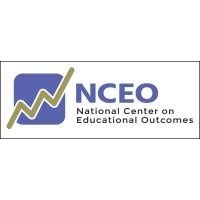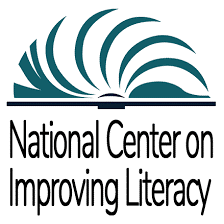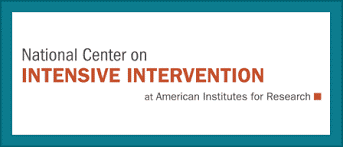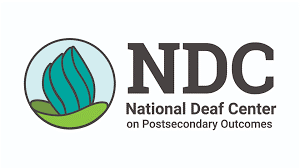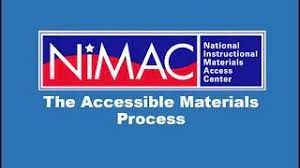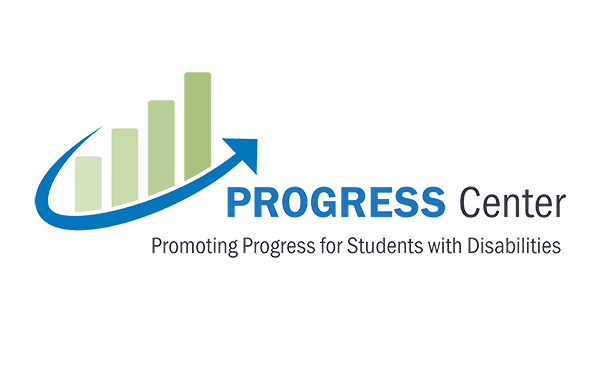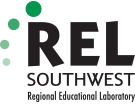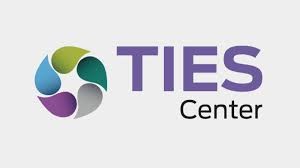The Technical Assistance and Dissemination (TA & D) program is the U.S. Department of Education’s primary vehicle under the Individuals with Disabilities Education Act (IDEA) for providing educators, policymakers, other service providers, and the parents and families of children with disabilities with information on effective practices for meeting the needs of children with disabilities and their families. The program makes competitive awards to provide technical assistance, support model demonstration projects, disseminate useful information, and implement activities that are supported by scientific research. These awards are intended to improve services provided under the IDEA, including the practices of professionals and others involved in providing services that promote academic achievement and improve results for children with disabilities.
A majority of the grants currently funded under the TA & D program support technical assistance centers that focus on a particular topic, population, or age range, such as early intervening services, dispute resolution, early childhood, college- and career-readiness, and positive behavioral interventions and supports to improve results for children with disabilities. Most centers use a service model that provides three levels of technical assistance: intensive/sustained, targeted/specific, and general/universal. At the intensive/sustained level, a handful of states receive on-site, ongoing planned assistance designed to reach an outcome desired by the recipient. Through targeted/specific services, centers support activities based on the topical or technical needs common to multiple recipients and can be one-time or short-term events such as consultation services or presentations at conferences. The centers also provide general/universal technical assistance services that permit a broader audience to access information and services through presentations, newsletters, or research syntheses that are made available on center Web sites.
National TA & D Centers:
Bookshare provides Accessible Educational Materials that make reading easier. Students with dyslexia, blindness, and other reading barriers can read in ways that work for them with ebooks in audio, audio + highlighted text, braille, and other customizable formats. With over 5 million titles, members can find virtually any book for school, work, or the joy of reading. Membership is free for U.S. schools and students with qualifying disabilities. Bookshare is an initiative of Benetech, a nonprofit that empowers communities with software for social good.
The Center for Dispute Resolution in Special Education (CADRE) major emphasis is on encouraging the use of mediation, facilitation, and other collaborative processes as strategies for resolving disagreements between families and schools about children’s educational programs and support services. CADRE supports families, educators, administrators, attorneys and advocates to benefit from the full continuum of dispute resolution options that can prevent and resolve conflict and lead to informed partnerships that focus on results for children and youth.
The Comprehensive Center Network (CCNetwork) is comprised of 19 Regional Centers and 1 National Center. The Network provides capacity-building services to all 50 states, the District of Columbia, the Bureau of Indian Education, and U.S. territories and outlying areas. Centers support state education agencies, regional education agencies, local education agencies, and school efforts to improve educational outcomes for all students, close opportunity gaps, and improve the quality of instruction.
The CEEDAR Center supports the development of effective educators to serve SWDs. The overall aim is to improve college and career readiness through standards-based educator preparation and the development of evidence-based preparation practices, and to reinforce these preparation practices through aligned state policies. CEEDAR partners with state education agencies (SEAs), institutions of higher education (IHEs), and local education agencies (LEAs) to create aligned professional learning systems that support high-quality educator preparation. In order to create aligned professional learning systems, CEEDAR Center works with state teams to develop teacher and leader standards, revise licensure standards, reform teacher and leader preparation, and incorporate student outcomes into program evaluation.
The Center for IDEA Fiscal Reporting (CIFR) helps states build their capacity to collect, report, analyze, and use high-quality IDEA Part B and Part C fiscal data. CIFR provides ongoing intensive and targeted technical assistance to state educational agencies and lead agencies, facilitates peer learning and sharing of information through state communities of practice and listserv, and develops resources to assist states in understanding and implementing the IDEA fiscal requirements.
The Center for Innovation, Design, and Digital Learning (CIDDL), a national center to improve faculty capacity to use educational technology in special education, early intervention, related services preparation and leadership personnel preparation programs..
The Center for the Integration of IDEA Data (CIID) provides technical assistance to state education agencies (SEAs) to increase the capacity to report high quality data required under the Individuals with Disabilities Education Act (IDEA) Part B Sections 616 and 618. CIID supports the integration of IDEA data systems and processes with the statewide longitudinal data system (SLDS). CIID is working directly with SEAs to resolve the challenges associated with fragmented IDEA, SLDS and EDFacts data management practices and data systems architecture. When IDEA data are fully integrated into the SLDS, SEAs will be able to more efficiently complete federal data reporting and have higher quality IDEA data to inform decision-making for improved educational outcomes.
The Center for Parent Information and Resources (CPIR) is a central “Hub” of information assisting the network of 96 Parent Centers across the country to provide effective services to families of infants, toddlers, children and youth with disabilities. CPIR’s resource development model engages Parent Centers, RPTACs, and other experts as co-creators, advisors, and evaluators throughout the development process. CPIR products include a Resource Library, Curated Collections, CentersConnect collaboration tool, the Buzz e-news, and the e-Learning Hub for asynchronous learning.
The goal of the Center on Inclusive Technology & Education Systems (CITES) is to empower school districts to create and sustain inclusive technology systems that serve all students, including students with disabilities who require assistive technology or accessible educational materials. To do this work, we are creating and disseminating a framework of evidence-based practices to enhance the successful use of technology by all students. We provide technical assistance to districts, educators, and families to ensure that students with disabilities are able to use the technology tools they need to foster learning and life success.
The purpose of the OSEP Technical Assistance Center on Positive Behavioral Interventions and Supports (PBIS) is to improve the capacity of SEAs, LEAs, and schools to establish, scale up, and sustain the PBIS framework to (a) scale up tier 2 and 3 systems to improve outcomes for students with or at-risk for disabilities, (b) enhance school climate and school safety, and (c) improve conditions for learning to promote the well-being of all students. The Center provides a range of technical assistance and product dissemination (pbis.org).
The Center to Improve Program and Project Performance (CIPP) provides technical assistance (TA) on evaluation design and implementation and performance measurement to grantees and staff of the U.S. Department of Education’s Office of Special Education Programs (OSEP). It is staffed by Westat, a social science research firm in Rockville Maryland, and its subcontractors, Compass Evaluation and Research, SRI International, and Insight Policy Research.
Digital technologies do not always meet their potential to transform education for all students, especially those with disabilities. CISL, the Center on Inclusive Software for Learning, has created an innovative new learning environment, Clusive®, to help bridge the gap between potential and practice. Clusive is designed to support the needs of diverse learners by making digital educational materials accessible, flexible, and engaging for all students.
The DaSy Center is a national technical assistance center that works with states to support IDEA early intervention and early childhood special education state programs in building high quality data systems and using data to improve results for young children with disabilities and their families. The DaSy Center builds relationships and provides high quality technical assistance to build the capacity of states to collect, report, analyze, and use data in the Early Intervention and Early Childhood Special Education program improvement and federal reporting.
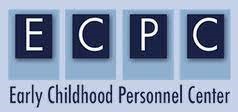
The Early Childhood Personnel Center (ECPC) is focused on building awareness that an integrated, comprehensive system of personnel development (CSPD) for the early childhood (EC) workforce in every state – one that is cohesive with state and national personnel standards, competencies, and recommended practices, will produce the most successful outcomes for children and families with disabilities.
The ECTA Center supports state Part C and Section 619 programs in developing high-quality early intervention and preschool special education service systems, increasing local implementation of evidence-based practices, and enhancing outcomes for young children with disabilities and their families.
The IDEA Data Center (IDC) provides state-centric TA services and products for the purpose of improving outcomes for children and youth with disabilities and their families. IDC helps states tackle the existing and emerging data-quality needs they encounter as they work to improve the collection and reporting of their Part B 616 and 618 data, including preschool data. IDC also builds states’ capacity to analyze and use these data to assess programmatic strengths, identify areas for improvement, and evaluate progress.
The IRIS Center develops free, engaging online resources about evidence-based practices to support the education of all students, particularly struggling learners and those with disabilities. These resources bridge the research-to-practice gap and are intended for use in pre-service preparation and professional development. IRIS resources include modules, case studies, information briefs, course/PD activities, tip sheets, an online glossary of disability-related terms, and so much more.
The Lead for Literacy Center, operated by Boston University’s Wheelock College of Education and Human Development, is a partnership among literacy experts, education leaders, university researchers, and technical assistance providers from the University of Oregon and American Institutes for Research (AIR). Our mission is to provide technical assistance to school and district leaders that builds their capacity to improve teacher implementation of evidence-based literacy practices for educating students with, or at risk for, literacy-related disabilities.
The National Center for Homeless Education (NCHE) operates the U.S. Department of Education’s technical assistance and information center for the federal Education for Homeless Children and Youth (EHCY) Program.
The National Center for Pyramid Model Innovations (NCPMI) improves and supports the capacity of state systems and local programs to implement the Pyramid Model for Supporting Social Emotional Competence in Infants and Young Children (Pyramid Model), an early childhood multi-tiered system of support (MTSS), with the goal of to improving the social, emotional, and behavioral outcomes of young children with, and at risk for, developmental disabilities or delays.
State education agencies play a key role in policy development and implementation, striving to support the field in meeting the needs of students with disabilities and their families. To succeed, they turn to trusted partners to strengthen capacity to lead systems change that improves both learning conditions and outcomes. The National Center on Systematic Improvement (NCSI) is a critical partner to states in these pursuits, assisting them to both learn about and understand seminal research, as well as translate that research into practice. Paying attention to the systemic functions of data literacy, evidence-based practices, stakeholder engagement, and systems coherence, NCSI helps SEAs to cultivate knowledge and skills that enable them to achieve lasting impact for students.
The National Center on Accessible Educational Materials for Learning at CAST provides technical assistance, coaching, and resources to increase the availability and use of accessible educational materials and technologies for learners with disabilities across the lifespan.
The National Center on Deaf-Blindness (NCDB) provides technical assistance (TA) to meet the needs of children (birth to 21) with deaf-blindness in four initiative areas: identification and referral, family engagement, interveners and qualified personnel, and transition. Its activities are conducted in concert with state deaf-blind projects throughout the U.S., and with national family organizations. NCDB has an extensive website with information and products to support its TA as well as relevant information on deaf-blindness of use to families, service providers, and the general public.
The National Center on Educational Outcomes (NCEO) focuses on the inclusion of students with disabilities and English learners with disabilities in instruction and assessments. The scope of NCEO’s work includes issues related to accessibility of assessments across the comprehensive assessment system including formative assessment practices, classroom-based assessments, diagnostic assessments, interim assessments, and summative assessments.
The mission of the National Center on Improving Literacy (NCIL), is to increase access to, and use of, evidence-based approaches to screen, identify, and teach students with literacy-related disabilities, including dyslexia. We work to build individual and organizational capacity to assess students’ literacy-related skill, identify students with disabilities or those at risk of disabilities, and fully implement evidence-based literacy programs and professional development.
The mission of the NCII is to build knowledge and capacity of state and local leaders, faculty and professional development providers, educators, and other stakeholders to support implementation of intensive intervention for students with severe and persistent learning and/or social, emotional, or behavioral needs using data-based individualization (DBI).
The mission of the National Deaf Center on Postsecondary Outcomes is to share information, networks, and strategies to improve continuing education and training for deaf people. We envision a future of equitable opportunities for all.
Created by IDEA 2004, NIMAC is a federally funded, online file repository of publisher-provided source files in the NIMAS format. Authorized users can access more than 69,000 K-12 NIMAS files for use in the production of accessible formats for students with disabilities.
The National Technical Assistance Center on Transition: The Collaborative (or NTACT:C) is funded through a 5-year grant from the U.S. Department of Education’s Office of Special Education Programs and Rehabilitation Services Administration. NTACT:C offers information and support to the education and vocational rehabilitation agencies of each state (from Hawaii to Maine) and territory or freely associated state (like Guam or Puerto Rico). We also offer our resources to the Bureau of Indian Education, Tribal Schools, and Tribal Vocational Rehabilitation. NTACT:C’s work is focused on supporting these agencies as they improve outcomes for students and out-of-school youth with disabilities. Our efforts include reviewing research to share information on the most effective strategies. We also coordinate with federal agencies to provide useful resources related to laws on services for students and youth with disabilities. Our work also includes problem-solving and strategic planning with state agencies.
PROGRESS Center (which stands for Promoting Rigorous Outcomes and Growth by Redesigning Educational Services for Students With Disabilities Center) provides information, resources, tools, and technical assistance services to support local educators and leaders (kindergarten through transition age) in developing and implementing high-quality educational programs that ensure students with disabilities have access to free appropriate public education (FAPE) which allows them to make progress and meet challenging goals, consistent with the U.S. Supreme Court’s decision in Endrew F. v. Douglas County School District (2017).
The Regional Educational Laboratory Southwest translates research to practice in partnership with policymakers and practitioners in Arkansas, Louisiana, New Mexico, Oklahoma, and Texas.
SISEP uses a differentiated three-tiered approach to support states in developing an infrastructure for the implementation and scaling of evidence-based practices to improve outcomes for all students, especially for students with disabilities. The SISEP Center uses the science and practice of implementation and improvement sciences within our Technical Assistance (TA) activities to ensure sufficient attention is given to stabilization, sustainability, scaling, and efficiency. Specifically, our TA approach is based on the Active Implementation Frameworks.
The STEM Innovation for Inclusion in Early Education (STEMIE) Center is developing and enhancing the knowledge base on engagement in STEM (science, technology, engineering, and mathematics) learning opportunities for young children with disabilities (0-5), implementing high-quality technical assistance and professional development for early childhood practitioners and faculty to increase engagement for young children with disabilities in STEM opportunities.
TIES Center is the national technical assistance center on inclusive practices and policies. It works with states, districts, and schools to support the movement of students with disabilities from less inclusive to more inclusive environments.
Updated on 7/25/2022
